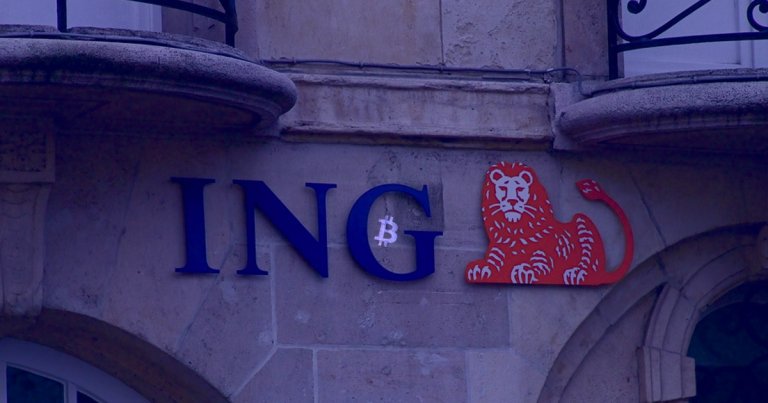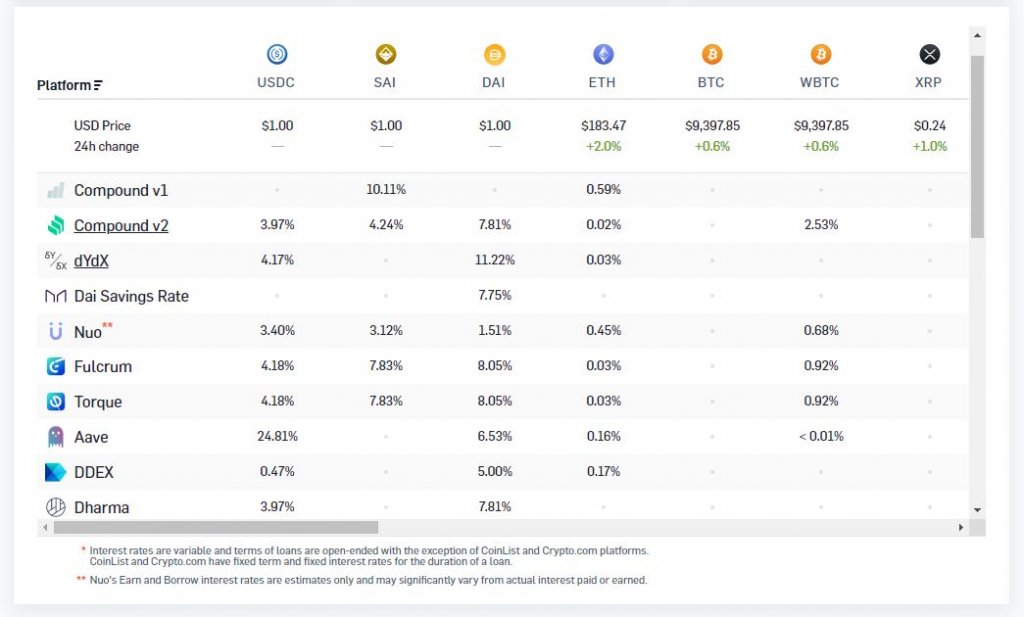 Why crypto? Holding money at Dutch bank ING could cost you
Why crypto? Holding money at Dutch bank ING could cost you Why crypto? Holding money at Dutch bank ING could cost you

Cover art/illustration via CryptoSlate. Image includes combined content which may include AI-generated content.
When consumers hold money in banks, they expect to be paid an interest rate—there’s a reason why people don’t store their money under a mattress in a safe in their house. But, this financial trend is changing, with there being banks that now charge consumers and businesses for storing money, something unheard of ten or twenty years ago.
This trend of money being expensive to hold could prove the value of Bitcoin, other cryptocurrencies, and blockchain-based financial services that disincentivize certain behaviors.
ING forces negative interest rates on wealthy clients
Since the Great Recession of 2008, central banks have started to act in ways seemingly irrational compared to their traditional practices. These institutions have started pumping copious amounts of money into the economy through quantitative easing (or ” large-scale asset purchases”) and by decreasing interest rates, which are now at the lowest they’ve been at seemingly ever.
In some countries, the interest rate is effectively 0 percent, in other places, it’s a negative amount, meaning that certain lenders pay the borrower.
This is the case in the Netherlands, where the official long-term interest rate is -0.14 percent, per data from YCharts.
Banks, of course, have had to adjust for this. ING, one of the largest Dutch banks, revealed at the end of January that it will be charging an interest rate of -0.5 percent for wealthy clients with more than 1 million euros in their account. This will come into effect for businesses from April 1st and for private customers on July 1st. ING chalked up this move to the Netherland’s low rates:
“Due to persistent low and negative interest rates in the market.”
Second Dutch bank (ING) charges negative rates on savings account. – O.5 % on everything above €1 million euros. pic.twitter.com/vhkb9OZuk0
— VoimaGold.com (@JanGold_) February 1, 2020
Only 6,400 customers, the bank claims, will be affected by this move, but as rates have been decreasing for years now, it may be a precursor of what may come for mom and pop consumers.
Indeed, the bank confirmed that savings interest for accounts with a balance of up to 100,000 euros will receive a jaw-dropping (I’m kidding) 0.01 percent — effectively nothing. Zilch. Na da.
Enter Bitcoin, Crypto, DeFi
Enter Bitcoin, cryptocurrency, and decentralized finance (DeFi).
DeFi, arguably, is the easiest way to shoehorn crypto into the world of no yield on bank deposits.
Below is an image from LoanScan.io, a service that tracks platforms that offer loans of digital assets on Ethereum-based platforms and centralized platforms. As can be seen in the table, users can earn an interest rate of anywhere from 1.5 percent to 24 percent a year (rates are variable) by lending stablecoins and even Ethereum to platforms like dYdX, Compound, or Dharma.

Some services even allow clients in the U.S. to use their bank cards to deposit money directly into DeFi, lowering the barrier of entry to high-yielding Ethereum-based investment or savings opportunities.
There are also centralized solutions that help you put your crypto to good use, like the Galaxy Digital-funded BlockFi or Nexo, which both offer around an 8 percent interest rate on stablecoins that can be claimed for U.S. dollars.
If you don’t trust decentralized finance, which is admittedly currently in its earliest stages and thus open to attack vectors in the code, there’s also the option of mitigating negative interest rates by simply holding Bitcoin in a cold storage solution, safe from the hackers of the world.
Yes, Bitcoin doesn’t offer any yield and inflates with time, just like cash, but analysts say that it is becoming digital gold, so to speak, or a digital store of value that should theoretically hold its value over long swaths of time.
Banks are turning to crypto
The funny thing about all this is, the world’s banks and financial institutions are slowly turning to Bitcoin and other cryptocurrencies, ING included. Whether or not this is them acknowledging that the time of fiat is ending because of low interest rates isn’t clear, though.
ING, for instance, was revealed by Reuters to have started work on a crypto custody project. The company purportedly has other blockchain-related initiatives too, though details about those are scant.
Similarly, Fidelity Investments has launched a Bitcoin and cryptocurrency trade execution and custody service for its institutional clients who hold hundreds of billions of dollars worth of wealth.
Banks turning to Bitcoin and other cryptocurrencies is a sign that they see a large amount of potential in this industry. Yet, it is somewhat antithetical to Bitcoin’s premise to be a decentralized, peer-to-peer movement.



 Farside Investors
Farside Investors 
















































































